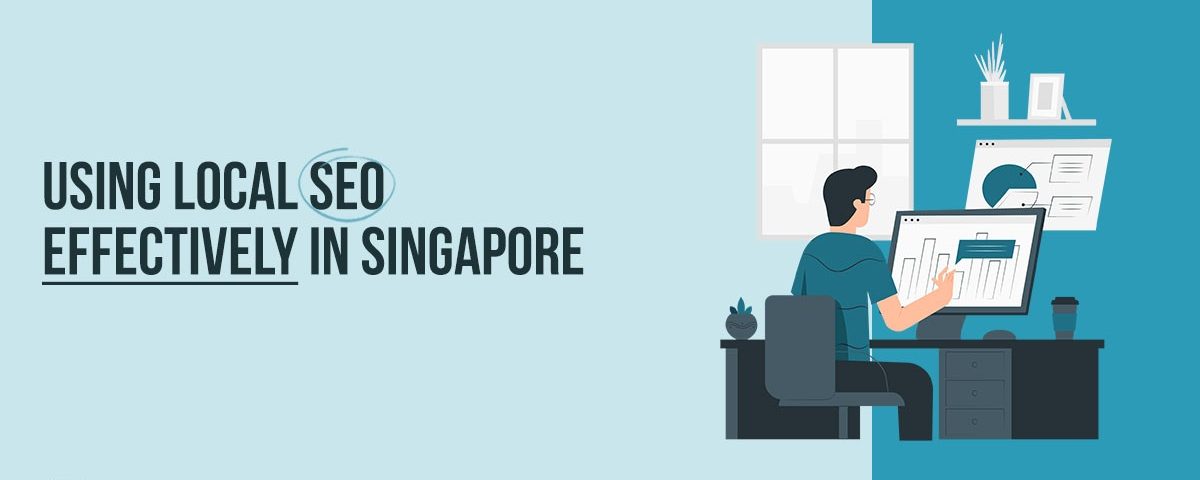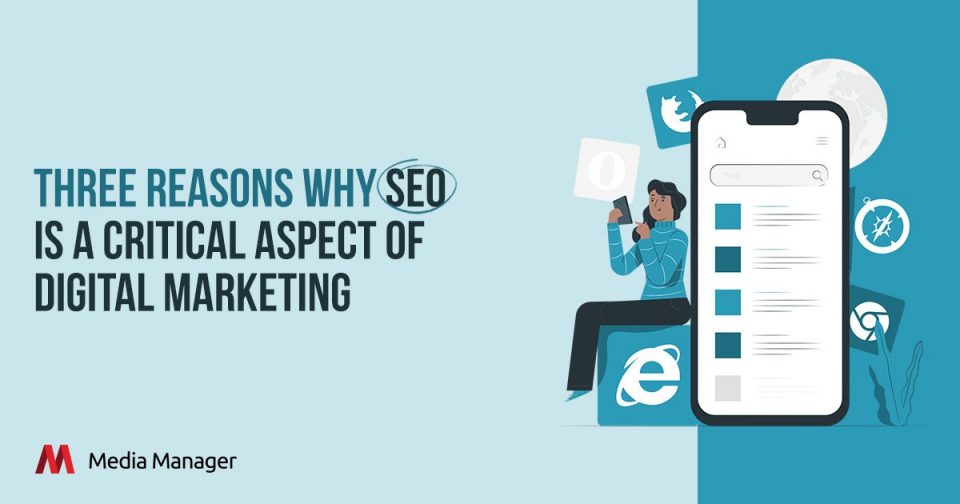
Tips to Develop SEO Strategy for e-Commerce Business
June 15, 2017
What is App Store Optimization (ASO)?
June 19, 2017Everything is online now, and your business shouldn’t be an exception to that. No matter what industry you’re in, an online presence is something your company shouldn’t exist without.
Not being listed and visible online is now equal to being invisible on the market. In fact, the Singapore government has been encouraging businesses to digitalise, in its pursuit to become a digital leader in Southeast Asia. Grants are being offered to local small and medium businesses seeking to establish their online presence.
Although this sector has been hit during the pandemic, this period also saw a shift in the consumers’ purchasing behavior. Consumers shopped online more frequently. Now more than ever, businesses need to be able to keep up with this growing demand to transact using digital platforms and be more visible online.
Local SEO can be a powerful tool in attracting customers to your businesses. Google made big changes in the local search history, which caused a dramatic difference from what users and SEO specialists in Singapore had been experiencing all along. Still, Google’s aim has always been to provide users a seamless experience – which is why these changes didn’t come as a surprise to most.
If you’re just starting to manage a website for your businesses, increasing traffic can be challenging. Better local SEO results aren’t achieved overnight, but done right, you can enjoy its benefits for a long time.
What is Local SEO?
Google is the windows (for your business) into the internet. When people want to find something, online search is the first thing they turn to.
Local SEO is the set of practices put in place to help your website rank well in local search results (The focus is mainly on Google). Local search results are the results that search engines return based on the searcher’s location (or their intended location) they are a little different than regular organic results.
Let’s say, you are looking for a flower shop in Singapore, you type “Flower shop” into Google right now, you will get a list of flowers shop in Singapore and most relevant to your search geographically.
- Make sure you have a physical address in the town you are targeting. It’s important that you have a reliable physical address for the area you wish to optimise locally. Also, ensure to include the specific address of your business location. Apart from your physical address, the NAP (Name, Address and Phone number), should be consistent with the actual name of your business, and it should be the same wherever these details appear online.
- Register your business on Google My Business – Google has increased the importance of Google My Business – which means that any business information you add to it reflects on Google Search and Google Maps. This is meant to make it easy for customers to find you whichever device they’re using. When creating or further developing your Google My Business for local SEO, ensure that:
- Your Google My Business is filled in completely and correctly with appropriate, and reliable information.
- Your Google My Business location you’ve listed is owner-verified.
- The specific city and town that you’re targeting is mentioned in the GMB landing page title.
- The Google My Business primary categories are consistent with your product and that they match a wide-ranging search category.
- Fill out the important details – Apart from the business address phone number and business name, it also helps to showcase an actual map on your website to show your precise location. The code to add a map to your premises can be added to the contacts page on your website. Some of the information listed below will also be very useful to have on your website, and specifically, in the contacts webpage:
- Store opening and closing hours
- Driving directions to your premises from well-known landmarks
- Phone call links for direct calling on mobile phones
- Social media links and sharing options
- Local Directories – Local directories work exactly like any other online directory, except that they’re focused on indexing small businesses grouped by their location. Get listed in places like Bing Places for Business, Yahoo Local Listing, Yelp, TripAdvisor, Foursquare, and Merchant Circle.
- Build more links locally – Next on our local SEO checklist is building links, the process of getting external pages to link to a page on your website. When another website links to you, they are publicizing to the search engine that they believe in your content and authority on given topics. The more sites that link to your website, the more credit the search engines will give you for providing your audience with relevancy and authority and your ranking will improve.
SEO should be considered a work in progress. Search engines change things constantly to provide a better service. Smart companies should do their best to stay informed about the latest local SEO tips and search engine changes. However, by being patient and staying true to their SEO strategy, companies can watch their search engine rankings improve over time and with it, their business’s traffic and sales.



